Who can see my medical information? (HIPAA)
Medical providers directly involved in a patient’s care has access patient specific medial information. The only other people who are able to view a patient’s medical information are those that are expressly granted that permission in writing by the patient.
What types of advance directives are there?
The most basic advanced directive that everyone over age eighteen needs is a Healthcare Power of Attorney. This legally designates who you want to make medical decisions on your behalf if you become unable to do so. Despite the name, you don’t actually need an attorney to complete one. Without a Healthcare Power of Attorney, if you become incapacitated some states require you to go through a long, expensive legal guardianship procedure before any medical decisions can be made on your behalf – even if you’re married or have a loving family. The next most common type of advanced directive is a Do Not Resuscitate order, which simply states that in the event of cardiac or respiratory arrest you wish no effort be made to revive you. Other forms of advanced directives provide general guidance about the kinds of care or interventions you would (or wouldn’t) want, and under which circumstances. These can be as simple as a set of instructions you write up yourself, or as complicated as a long document you develop with the assistance of an attorney. One easy-to-use and inexpensive form is the Five Wishes document, which walks you through a series of simple questions that clarify your healthcare wishes in certain circumstances. The Five Wishes document is available online for a small fee. You can also have your healthcare wishes formalized as binding medical orders that take effect when the stated circumstances occur (e.g. if I suffer a massive stroke and go into multi-organ failure I do not want to receive dialysis). These conditional orders can be created by you and your physician and are called Physician Orders for Life-Sustaining Treatment (POLST).
Cancer Stage: Why it Matters

In this week’s episode, I am joined by Dr. Brian Burnette and Dr. Michael Guiou to discuss the importance of cancer staging. We delve into cancer staging and how it helps guide treatment decisions. We also explore the evolving nature of cancer staging, shifting towards considering molecular characteristics and functional status in addition to traditional staging systems.
Having Your Say: Advanced Directives
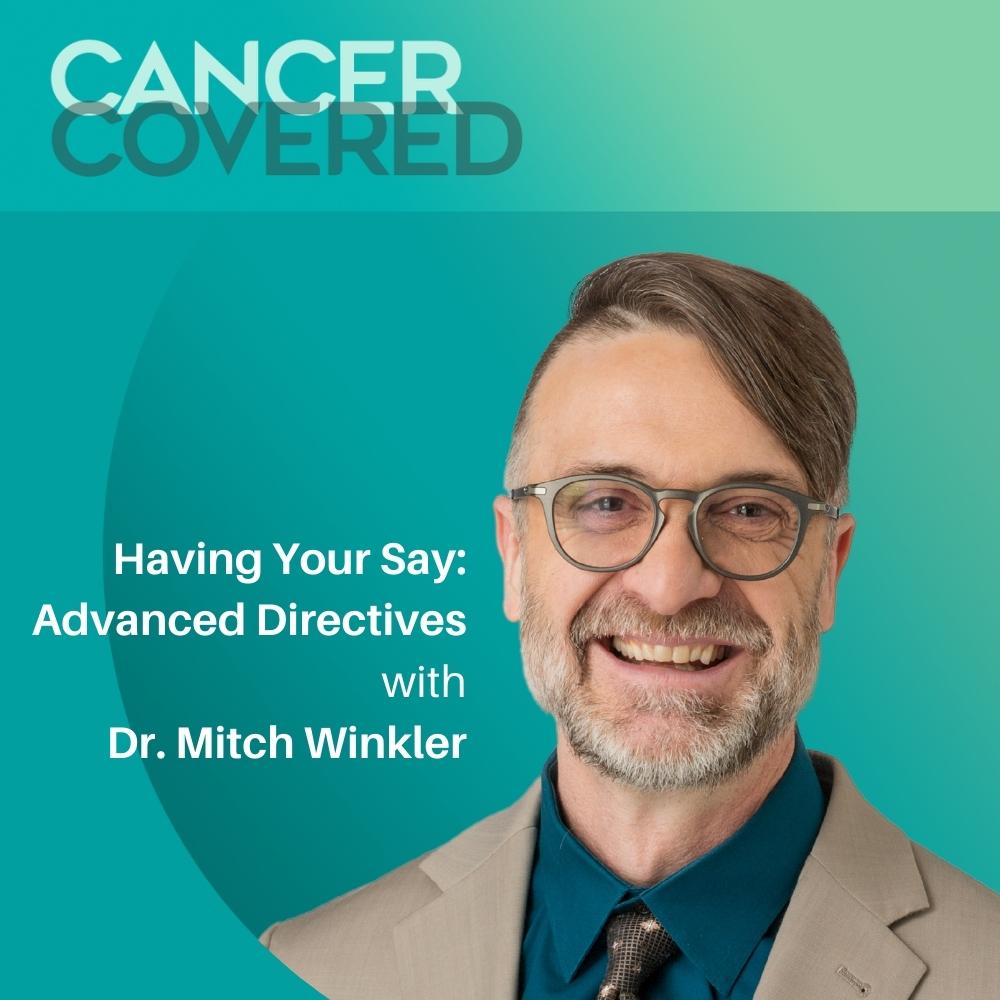
In today’s episode, we discuss advanced directives and how they support patients at the end stages of life. We describe the historical context of advanced directives and explain how doctors solely made end-of-life decisions until the recognition of patients’ rights in the 70’s. We outline the consequences of not having an advance directive. We also […]
Denial
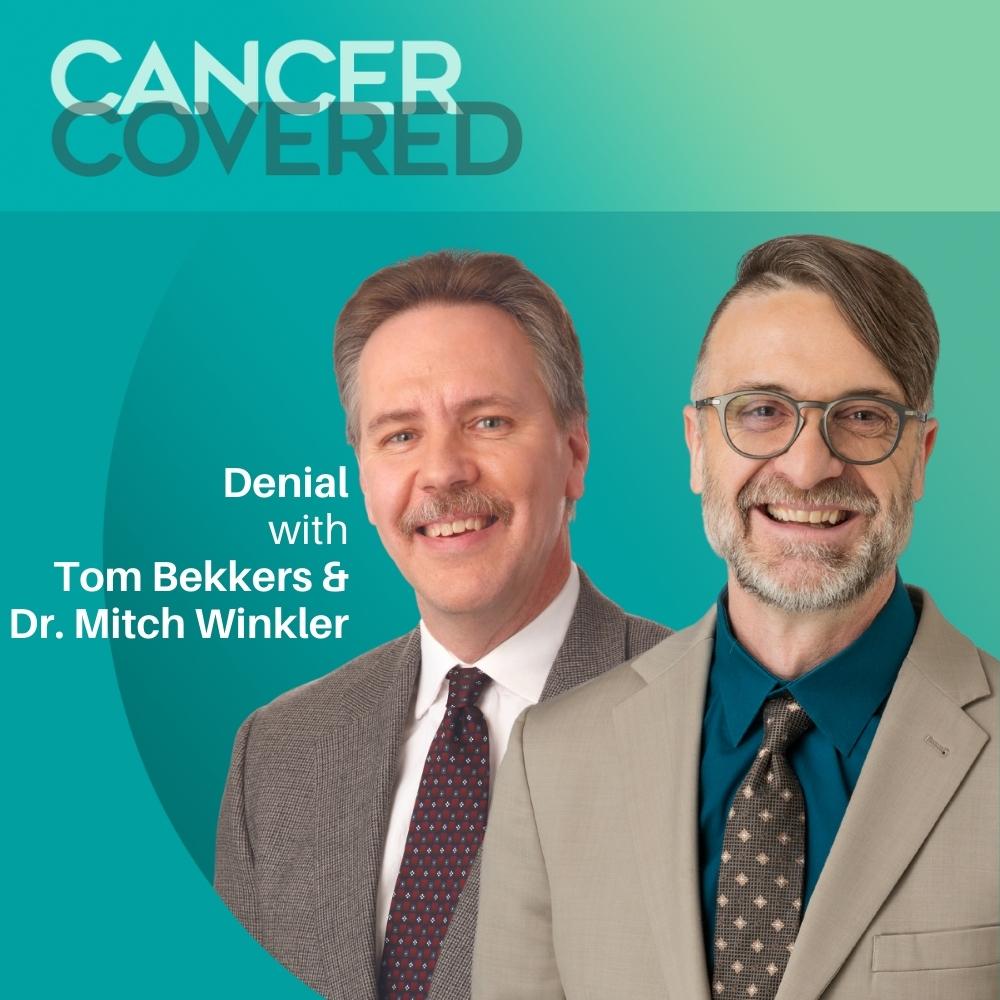
Tom joins us today to discuss denial and why it is a fundamental part of the human experience. He describes how denial, while unhealthy in some situations, can be a healthy coping strategy when facing difficulties. He also explores different strategies to overcome unhealthy denial, underscores the power of having a trusted supporter when facing […]
Is Immunotherapy for You?
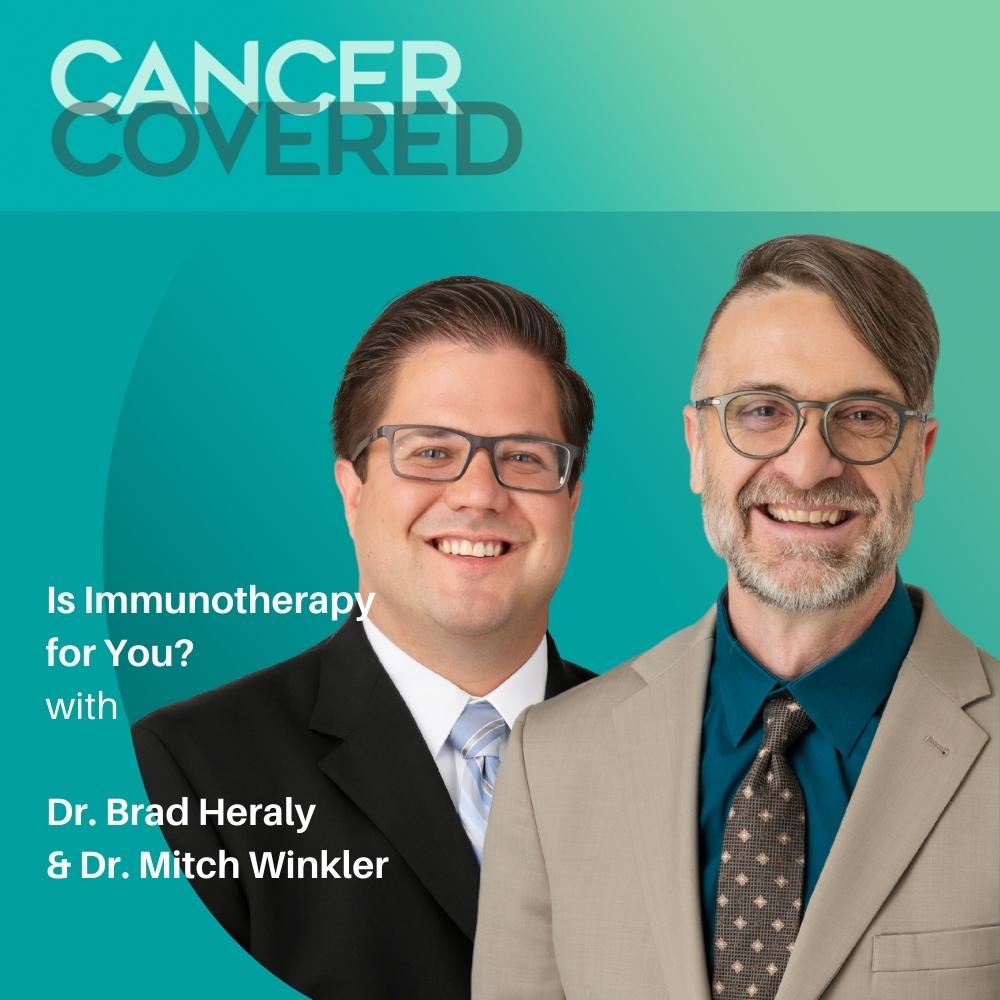
Bradley joins us today to discuss the historical use of immunotherapy treatment to treat cancer. We discuss how immunotherapy works and the positive and negative impact it can have on a patient’s immune system. We discuss why immunotherapy treatment works well for some types of cancers but not for others and how it has made […]
Demanding Proof
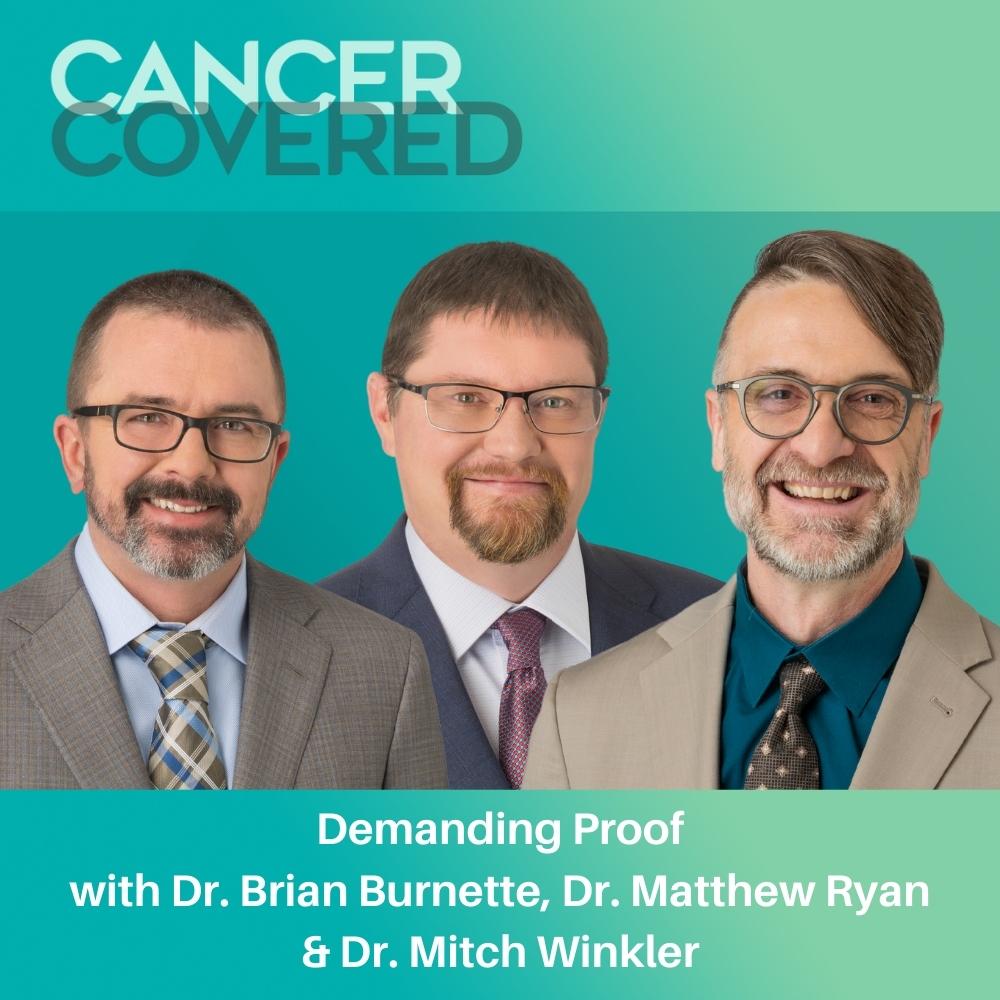
Matthew and Brian join us today for an insightful discussion discussing the pivotal role of evidence-based medicine, a cornerstone in optimizing patient outcomes and healthcare strategies. This conversation navigates through the historical tapestry of medical research, spotlighting James Lind’s 1753 seminal scurvy experiment as a monumental benchmark initiating systematic medical experimentation. We dissect the principle […]
Clinical Trial Myths
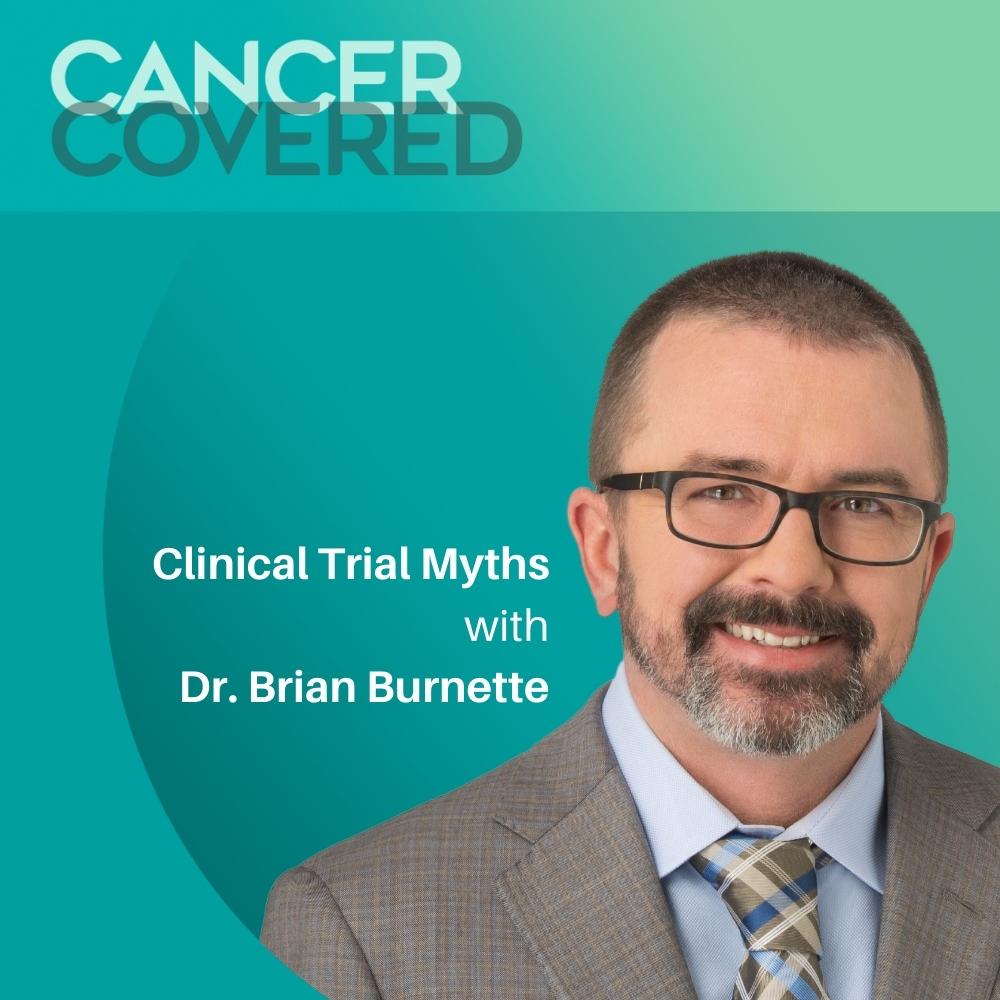
Dr. Brian Burnette joins us again today to discuss the myths surrounding clinical trials. We debunk some of the biggest myths around clinical trials and cancer research and why doctors are required to request a patient’s informed consent prior to starting any treatment. We discuss how the enactment of the Affordable Care Act impacted patients’ […]
How to Talk to Your Doctor
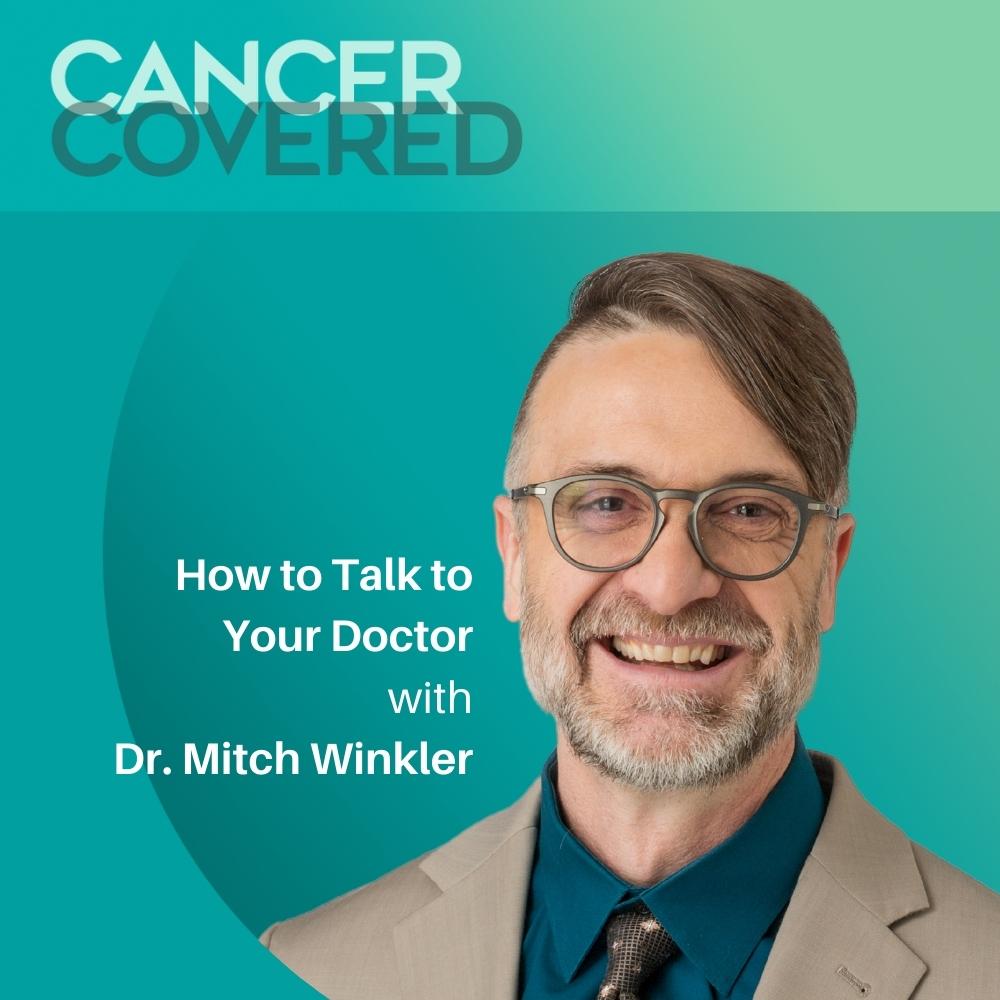
“Communication is a collaborative endeavor. It requires clarification, resetting, and recalibration all theway through the therapeutic relationship, at every level of where you connect with your healthcare team.”– Dr. Mitch Winkler Good healthcare starts with good communication. But despite good intentions, patients often visit their oncologists with a huge knowledge gap and a lot of […]
Which One of You is my Doctor?
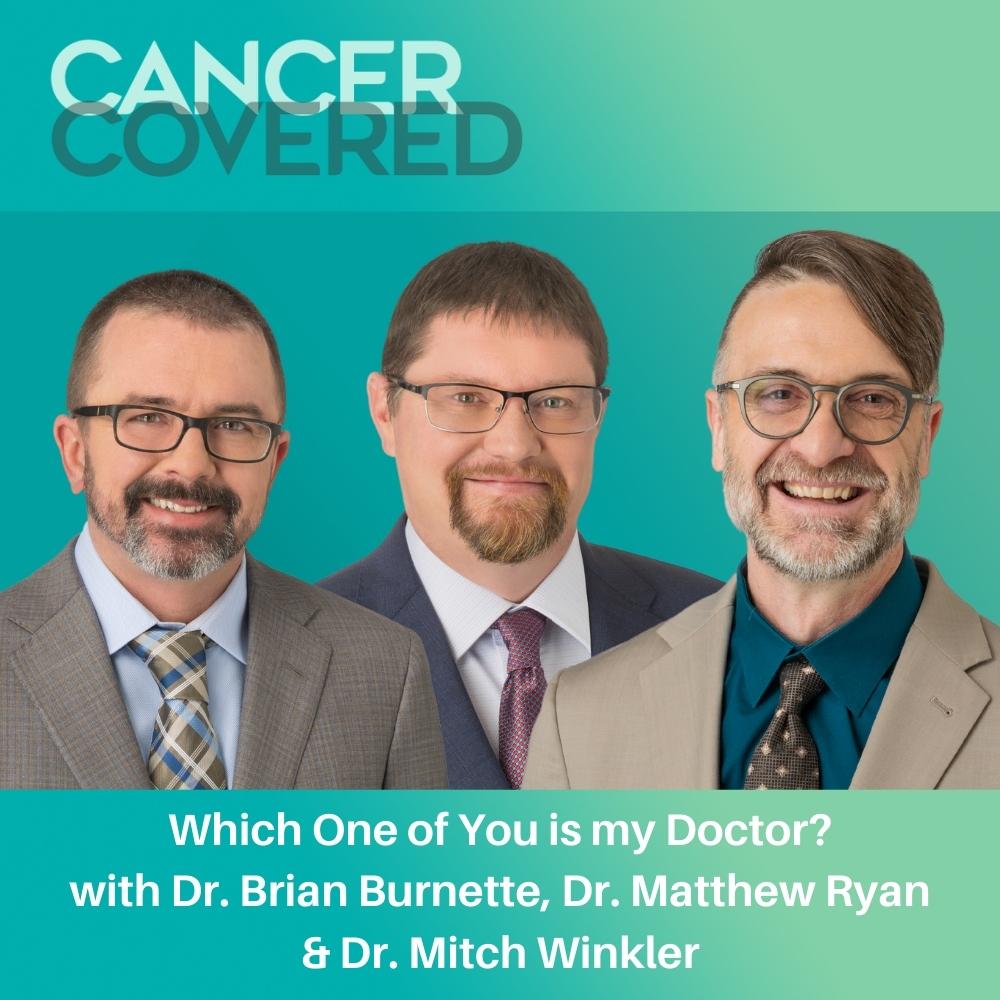
Dr. Burnette and Dr. Ryan join us today to discuss one of the most common questions we receive from our patients at Green Bay Oncology: “Which one of you is my doctor?” We discuss the difference between visiting your primary care doctor and your oncologist and why it may be impossible to see the same […]
